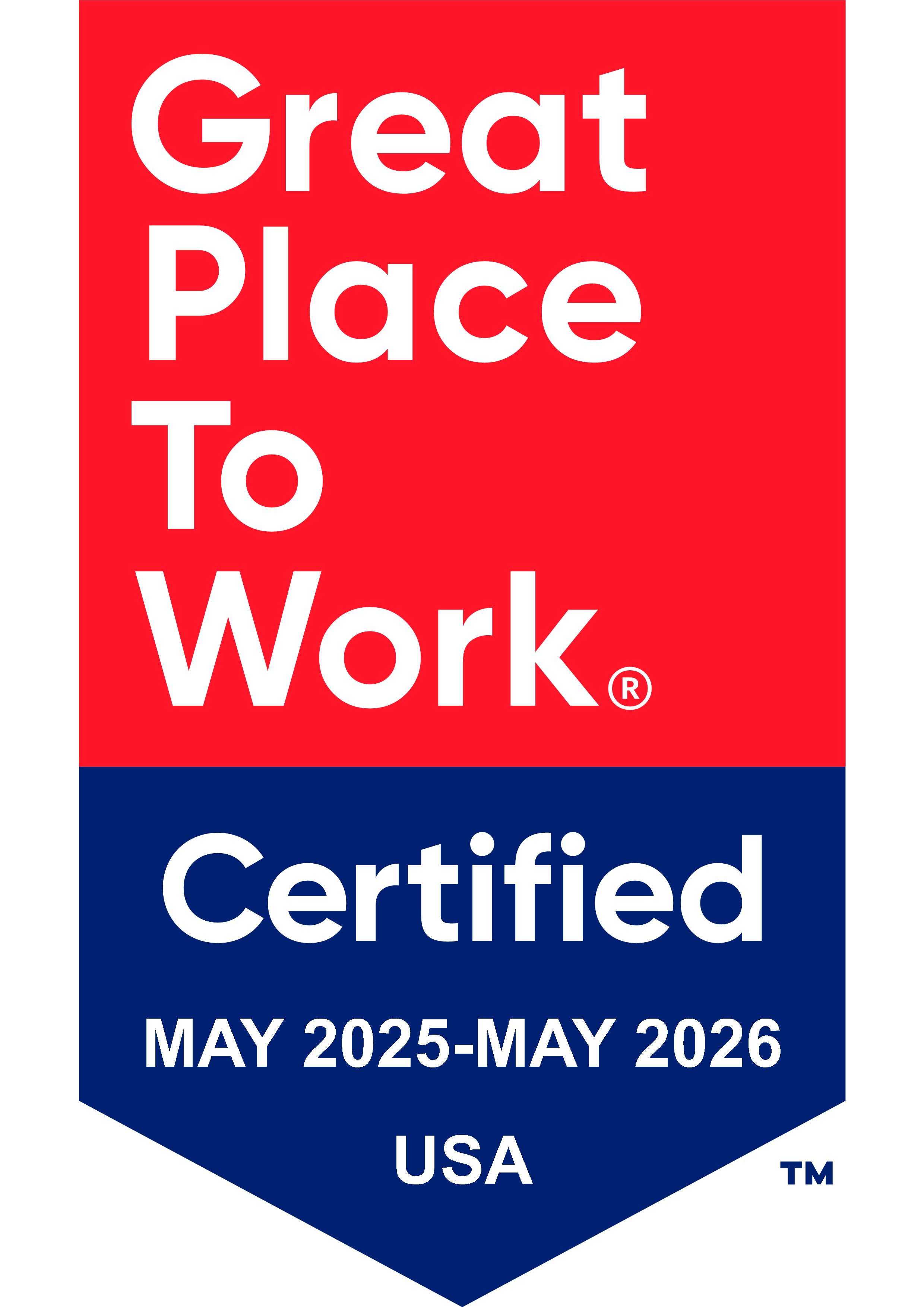
Today, Dell Boomi’s parent company, Dell Technologies, announced an agreement with Salesforce that extends the long-standing relationship between the two companies. As part of the agreement, Dell Technologies will expand the use of Salesforce’s market-leading customer relationship management (CRM) platform to Dell, Dell EMC, Dell Boomi, and VMware employees worldwide.
The move will provide the Dell family of companies a flexible platform to bring together sales, service, support, and marketing to create a more unified customer experience. Many of Dell’s customer contact centers will use Salesforce’s artificial intelligence technology, Service Cloud Einstein, to improve customer interactions.
And as part of the effort, the Dell family of companies will tap Boomi’s cloud-native integration platform to rapidly connect large volumes of data among the Dell business operations.
Certainly, Boomi is no stranger to Salesforce. It helps thousands of customers worldwide integrate Salesforce with virtually any on-premise or cloud application. With Boomi, organizations can quickly connect their key data to Salesforce and easily manage those integrations, ensuring Salesforce is unified with their enterprise sales and marketing operations.
Bringing Dell and EMC Together
When Dell Technologies acquired EMC in 2016 to create the world’s largest privately controlled technology company, Boomi played a critical role in uniting the operations of the two companies. Boomi seamlessly integrated the separate Dell and EMC Salesforce systems, in what is considered one of the largest projects of its kind.
Using Boomi’s rapid, low-code development environment, Dell’s IT team completed the integration and testing work in only a few weeks. Ready when the two companies officially combined in September 2016, the Salesforce integration ensured collaboration and visibility across a combined sales team of more than 40,000.
The Boomi platform provided full access to all essential Salesforce data, with a single view of open opportunities and revenue forecasting so sales reps could effectively coordinate cross-sales and identify competing “hot spot” products.
The real-time, bi-directional replication of data among the two Salesforce systems avoided the inefficiency of reps logging into separate Salesforce accounts and eliminated the risks of employees working with different sets of information.
“Boomi came through with flying colors to get our sales makers collaborating on Day One,” said Kate Parsons, the IT integration lead for the project.
Unifying the Salesforce Experience
In the race to establish and maintain strong customer relationships, business executives are increasingly turning to cloud-based, software-as-a-service (SaaS) applications such as Salesforce because of the innovative functionality, scalability and fast deployment they offer versus on-premise applications.
With the growth of SaaS, cloud application integration has become a key requirement for mid-sized businesses and large enterprises alike. But it’s not without challenges.
Companies must balance a history of legacy and custom applications already on-site with the exponential rise of all kinds of new data sources, from big data and social media to mobile apps and the Internet of Things.
Although it’s an application integration challenge, having real-time access to synchronized customer data across a host of systems is a necessity. Achieving and maintaining the customer-centric focus that creates lasting business relationships depends on successful application integration — a challenge that is becoming more complex by the day with the growth of cloud software and diverse data sources.
Today, data likely doesn’t reside solely within a company’s four walls. Instead, it may be housed in an enterprise resource planning (ERP) system sitting in another region, a legacy application located on-premise at a subsidiary, in systems managed by a company’s trading partners, or on a SaaS application in the cloud.
Unifying data in enterprise hub systems such as Salesforce requires combining these disparate application and data sources so organizations can gain a complete picture of their customers.
Companies also need cloud applications like Salesforce to share data with other applications or synchronize updates between more than one application. As a result, security is paramount.
And relentless competition also means companies will continue to demand faster integration deployments — and better integration economics — to bring greater agility and efficiencies to their business operations.
A Modern Approach for Modern Integration Challenges
On-premise middleware simply wasn’t built to address these demands, but there is a new alternative: integration platform as a service (iPaaS).
A native-cloud iPaaS (not a cloud-washed legacy integration application) can address the challenges of fast, easy, automated and secure Salesforce integration. Developed 100 percent in the cloud with these disparate and distributed architectures in mind, the Boomi iPaaS has revolutionized how organizations tie Salesforce into the data that makes their businesses run.
And the low-code, enterprise-grade Boomi platform provides a unified environment and tool set to support today’s challenging hybrid IT landscape, offering both development speed and ease-of-use for companies of all sizes.
As a cloud-based platform, the Boomi iPaaS platform supports cloud-to-cloud, cloud-to-on-premise, and on-premise-to-on-premise integration scenarios, as well as delivering robust management for EDI, MDM, API, and workflow automation.
For companies seeking to automate Salesforce application integration processes, Boomi’s cloud-native platform makes it fast and simple for companies to tie Salesforce into their key systems to build more effective sales operations and better customer relationships.

